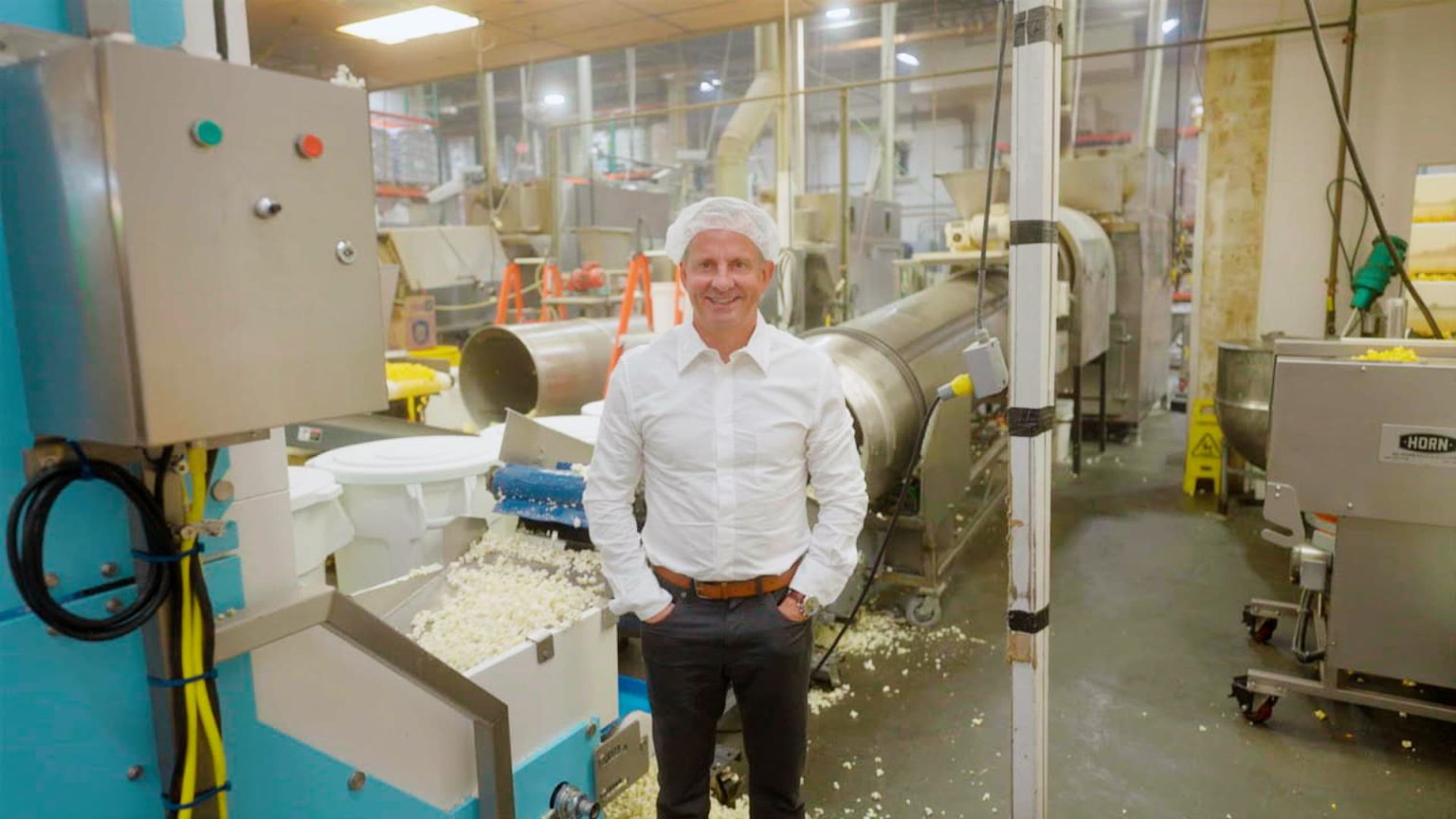After nearly two decades working on Wall Street, Charles Coristine experienced burnout in 2011 and sought new remedies to cope with the stress. Despite trying various solutions like switching to a vegetarian diet, meditating, and pursuing an MBA program, none of them worked. At a barbeque, Coristine met the owner of snack company LesserEvil who shared his interest in selling the struggling business. In November 2011, Coristine made an impulsive decision to purchase LesserEvil for $250,000 from his savings, plus a future payment of $100,000, despite having no experience in the food industry.
Under Coristine’s leadership as CEO and president, LesserEvil experienced significant growth, with annual gross sales reaching $103.3 million in 2023, including $82.9 million in net sales. The company’s products, which include a variety of popcorns and air-popped Cheetos-like puffs and curls, were profitable from 2021 onwards, making $14.4 million in earnings before interest, taxes, depreciation, and amortization (EBITDA) last year. Coristine admits that he did not have anyone in the food industry to consult with about the risks, a situation that he now sees as beneficial because it allowed him to take a chance without being discouraged by low success probabilities.
After purchasing LesserEvil, Coristine worked on rebranding the company and revamping its operations with a small team that included friends and family. They transitioned from a co-packing model to setting up their own production line, which required securing financing from friends and family as well as a connection Coristine had at a bank. They moved into a larger factory, filled it with used equipment, and made various adjustments, such as updating the branding and refining the production process to optimize costs and efficiency.
In 2014, LesserEvil made a significant change to its product lineup by launching a reformulated popcorn using coconut oil, later expanding with a new laughing Buddha logo for the Buddha Bowl product. The product brought in substantial revenue and led to an increase in brand visibility. Partnerships with major retailers like Kroger further boosted the company’s growth, prompting another move to a larger facility in 2017 and obtaining outside funding in 2018, enabling LesserEvil to enhance its packaging and product offerings.
LesserEvil prides itself on using non-standard ingredients like extra-virgin coconut oil and avocado oil to differentiate its products from competitors. While the company faced challenges, such as a Consumer Reports investigation revealing concerning levels of lead in some snacks, LesserEvil remains successful, reporting $62 million in net sales during the first half of 2024. With plans for continuous product expansion and growth, Coristine aims for LesserEvil to establish itself as a long-lasting brand in the market. The company has since grown to have 280 employees and operates two production facilities, showcasing its commitment to innovation and sustainability in the snack industry.
Coristine’s experience with LesserEvil has not only resulted in significant business success but has also improved his personal well-being. Transitioning from the high-stress environment of Wall Street to running a thriving company has allowed Coristine to work fewer hours and feel a sense of joy and fulfillment in his work. His short-term goals include continuing to grow the company and introduce new products, with a long-term vision of establishing LesserEvil as a lasting brand in the industry.


